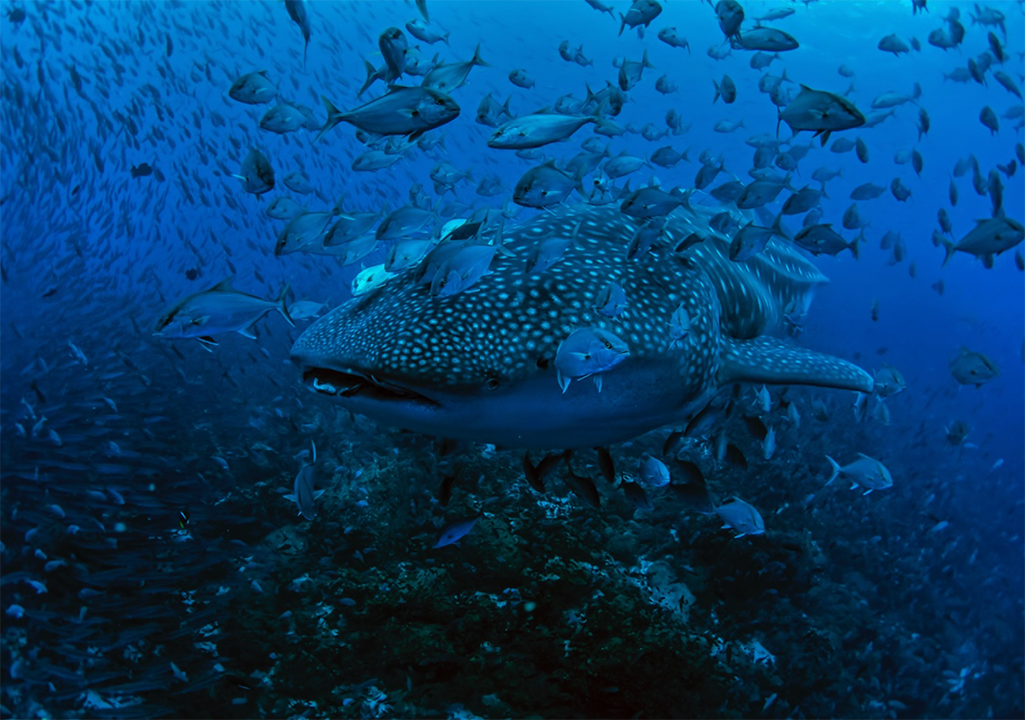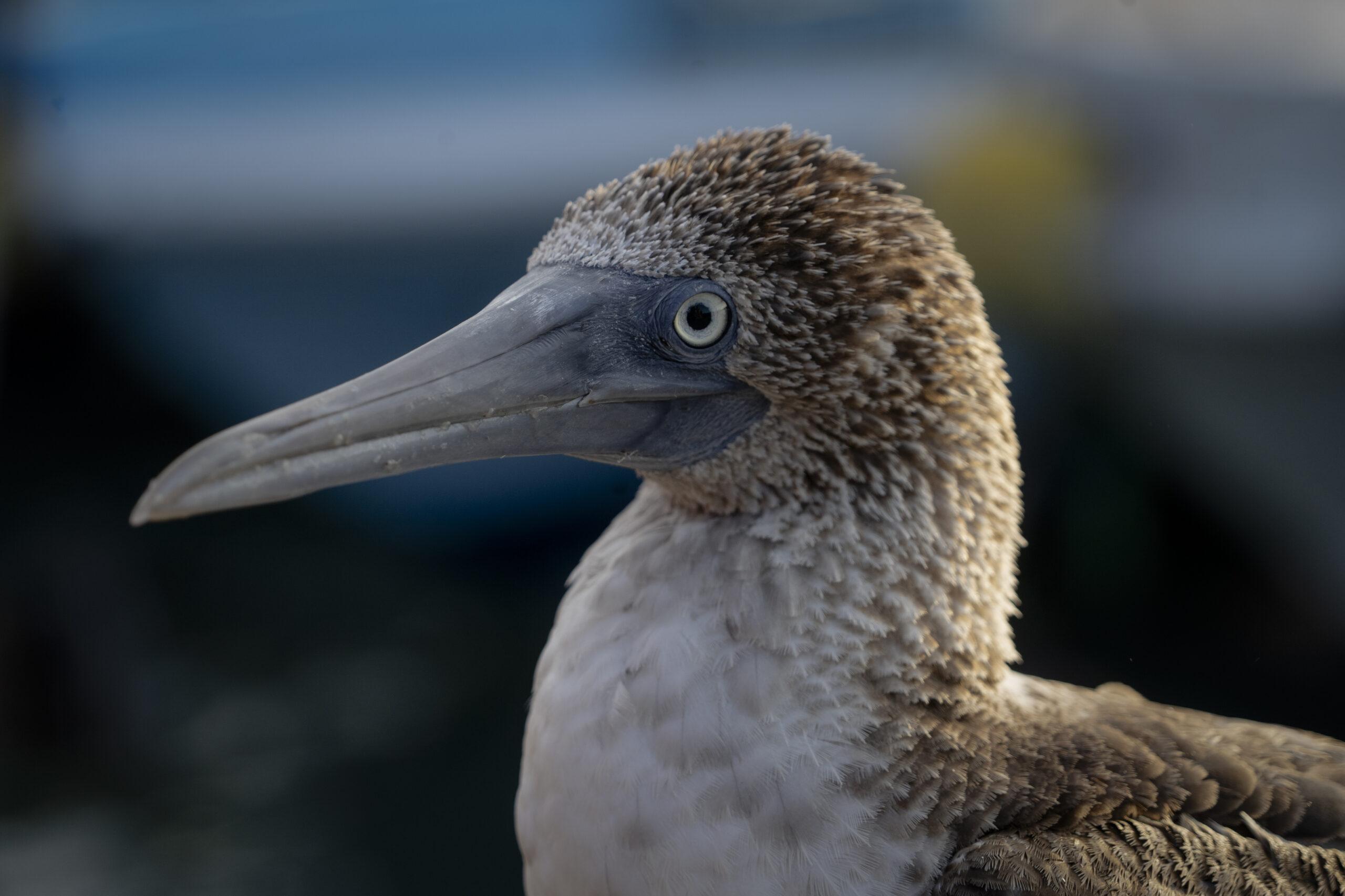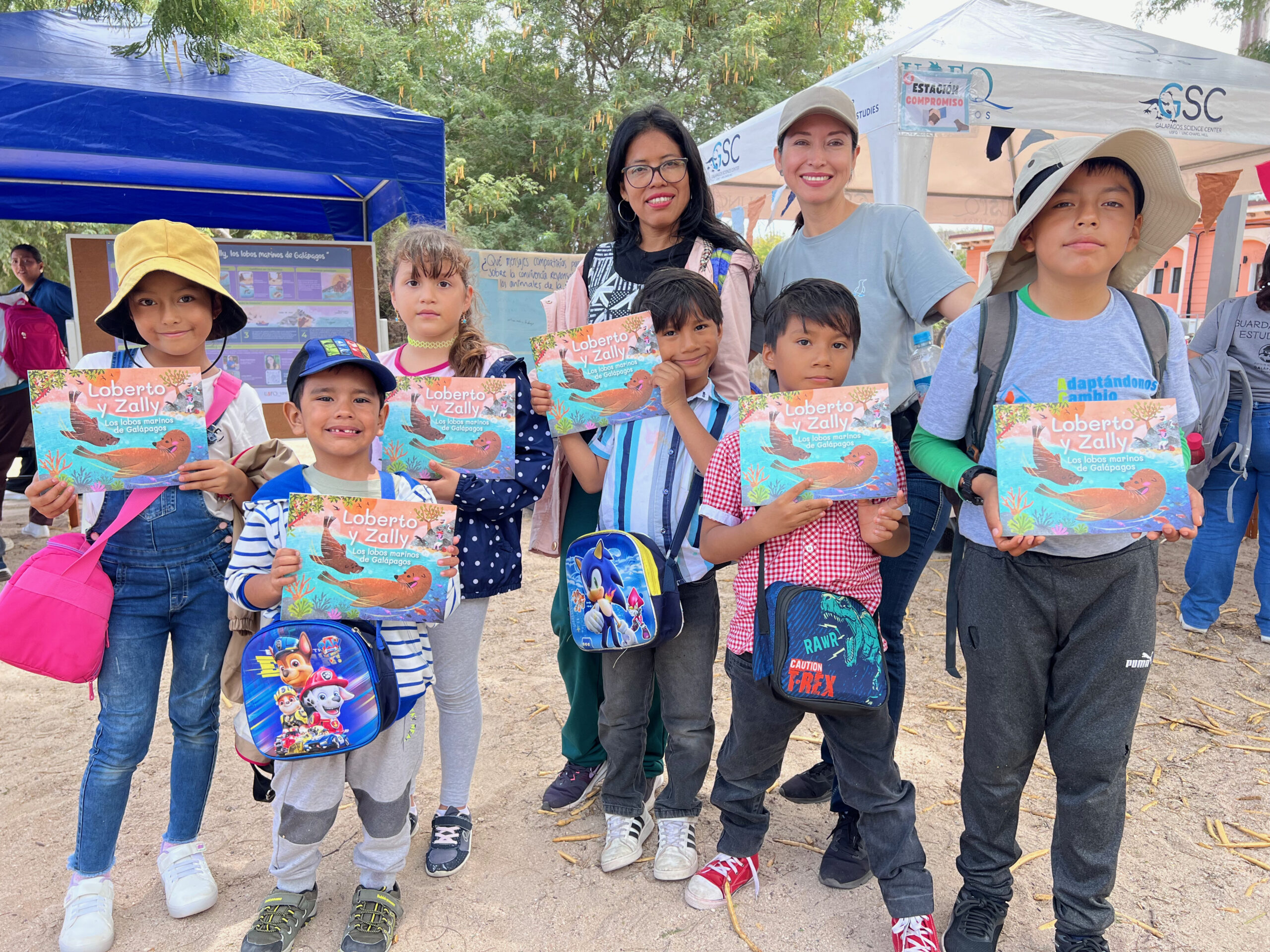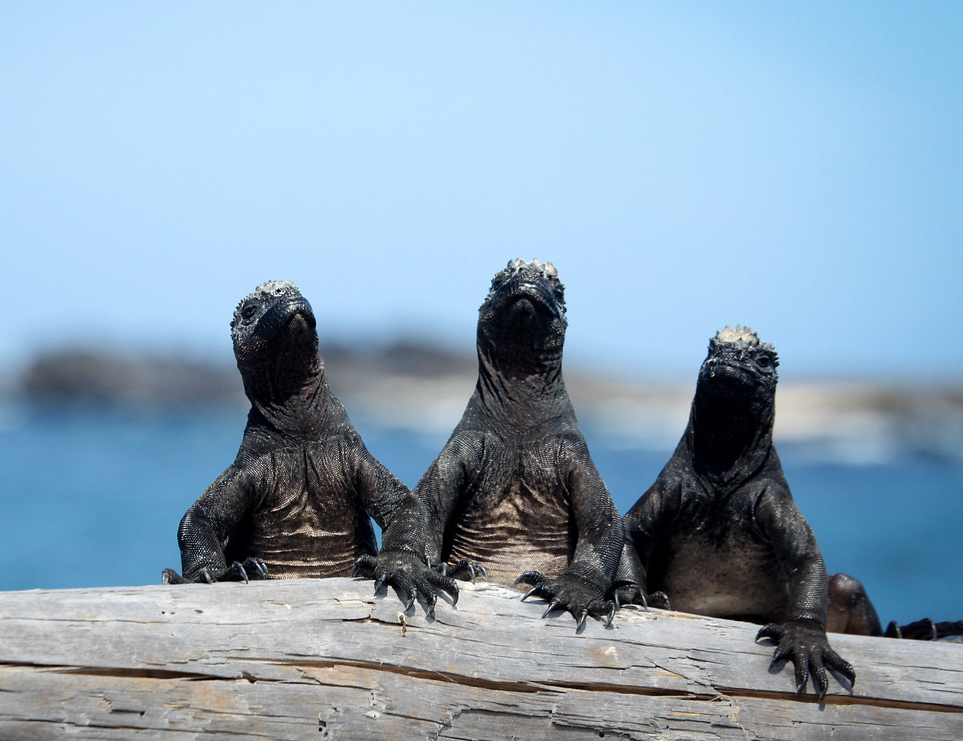Abstract
Whale sharks Rhincodon typus frequently appear to interact or associate with other species, which vary depending on the community structure and the demographic of the whale sharks at each location globally. Here, we present the species sighted frequently around whale sharks in the Galapagos Archipelago and reported by dive guides and scientists and also in earlier publications. These associated species include cetacean species: bottlenose dolphins Tursiops truncatus, other shark species: silky sharks Carcharhinus falciformis, Galapagos sharks Carcharhinus galapagensis, scalloped hammerhead sharks Sphyrna lewini, tiger sharks Galeocerdo cuvier and teleost fish species: remoras Remora remora, yellowfin tuna Thunnus albacares, almaco jacks Seriola rivoliana and black jacks Caranx lugubris. The recording of interspecies associations and interactions may lead to better understanding of the natural history of whale sharks and can show important symbiotic relationships or interdependence between different species.
Read the article in the link: https://bdj.pensoft.net/article/97864/






